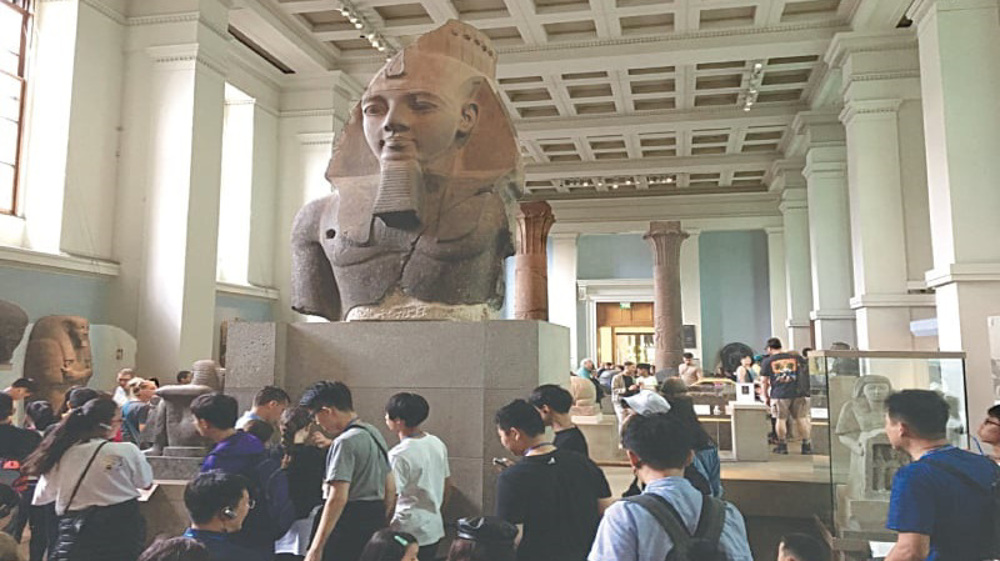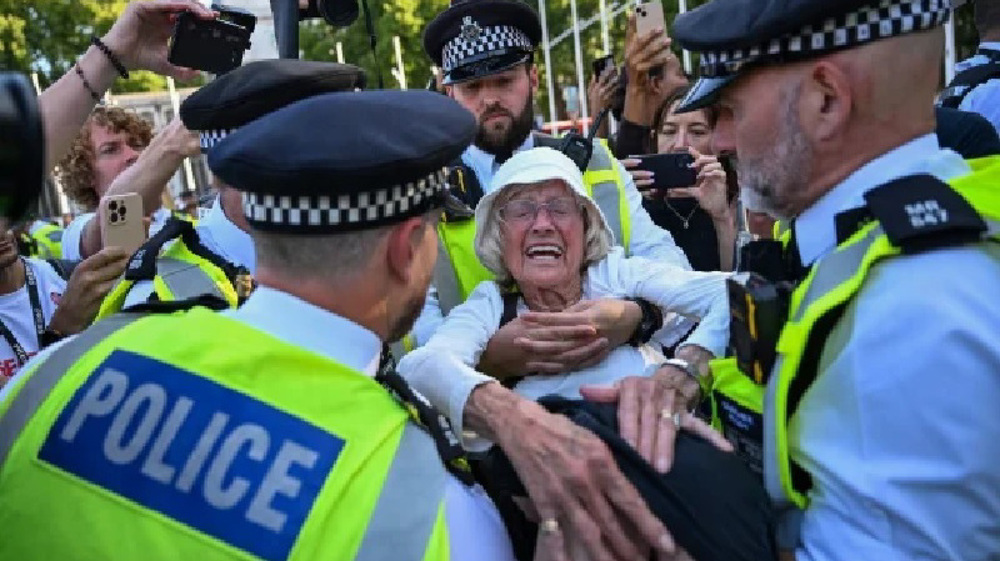Official report wants British spy agencies to retain intrusive powers
A new official report suggests the UK intelligence agencies should be allowed to keep mass spying activities including its metadata gathering powers.
In a 373-page report published on Thursday, official reviewer of counter-terrorism laws has also proposed some changes saying the power to issue interception warrants should be transferred from ministers to judges.

The report was commissioned by Prime Minister David Cameron last year. The findings are likely to feed into proposed legislative changes on spying announced in the Queen’s speech at the beginning of Cameron’s second term in office.
“But trust requires verification. Each intrusive power must be shown to be necessary, clearly spelled out in law, limited in accordance with human rights standards and subject to demanding and visible safeguards”, David Anderson QC said while introducing his report entitled “A Question of Trust”.
“I think there is one positive aspect because David Anderson who has done this report has gone some way to identify the defect in the current system and what he actually said that the current system is undemocratic and in the long run it will be intolerable. But we have to wait and see that how much protection the new system they are putting together may provide” Alan Hart, a London-based researcher and author told Press TV.
‘Breach of privacy’
The report which comes in response to revelations by former CIA-NSA contractor Edward Snowden includes enough points to make GCHQ and other British spy agencies happy as they successfully fought to retain their metadata collection powers.

The intelligence agencies' surveillance powers have been under scrutiny since Snowden leaked details of spies' ability to monitor phone and online communications. According to the revelations, GCHQ received private communications intercepted by the NSA through its Prism and Upstream programs.
GCHQ used bulk interception to uncover what it called threats. However, many analysts call the tactic simply a breach of privacy.
“Its [surveillance] happening year and year despite what new changes may come in. What it calls the big brother, the state is getting stronger, there’s no question about that. I think all citizens have the right to be very concerned about the way things are being done”, Hart said.
‘Campaigners dismayed’
The recommendations however contrast with events in the US, where the NSA saw at least some curbs placed on bulk collection of phone records by Congress last month.

Campaigners who have been fighting for a zero-surveillance are also likely to be dismayed by Anderson’s report. The shift on warrants to judicial control is the only point to bring comfort to the privacy lobby. The other positive part of the report is its recommendation that the existing legislation on surveillance, the Regulation of Investigatory Powers Act, be scrapped and fresh legislation drafted from scratch.
SKL/SKL
VIDEO | Press TV's news headlines
Iran sees 40% surge in scientific Olympiad participation
Putin: Developing Russia's nuclear forces 'absolute priority'
Hamas condemns Netanyahu’s proposal for new regional alliance
Huckabee mocks Arab League's condemnation of his biblical territorial remarks
VIDEO | Trump tariff setback
VIDEO | Press TV's news headlines
VIDEO | Iran will not 'capitulate' since it has military surprises for US









 This makes it easy to access the Press TV website
This makes it easy to access the Press TV website